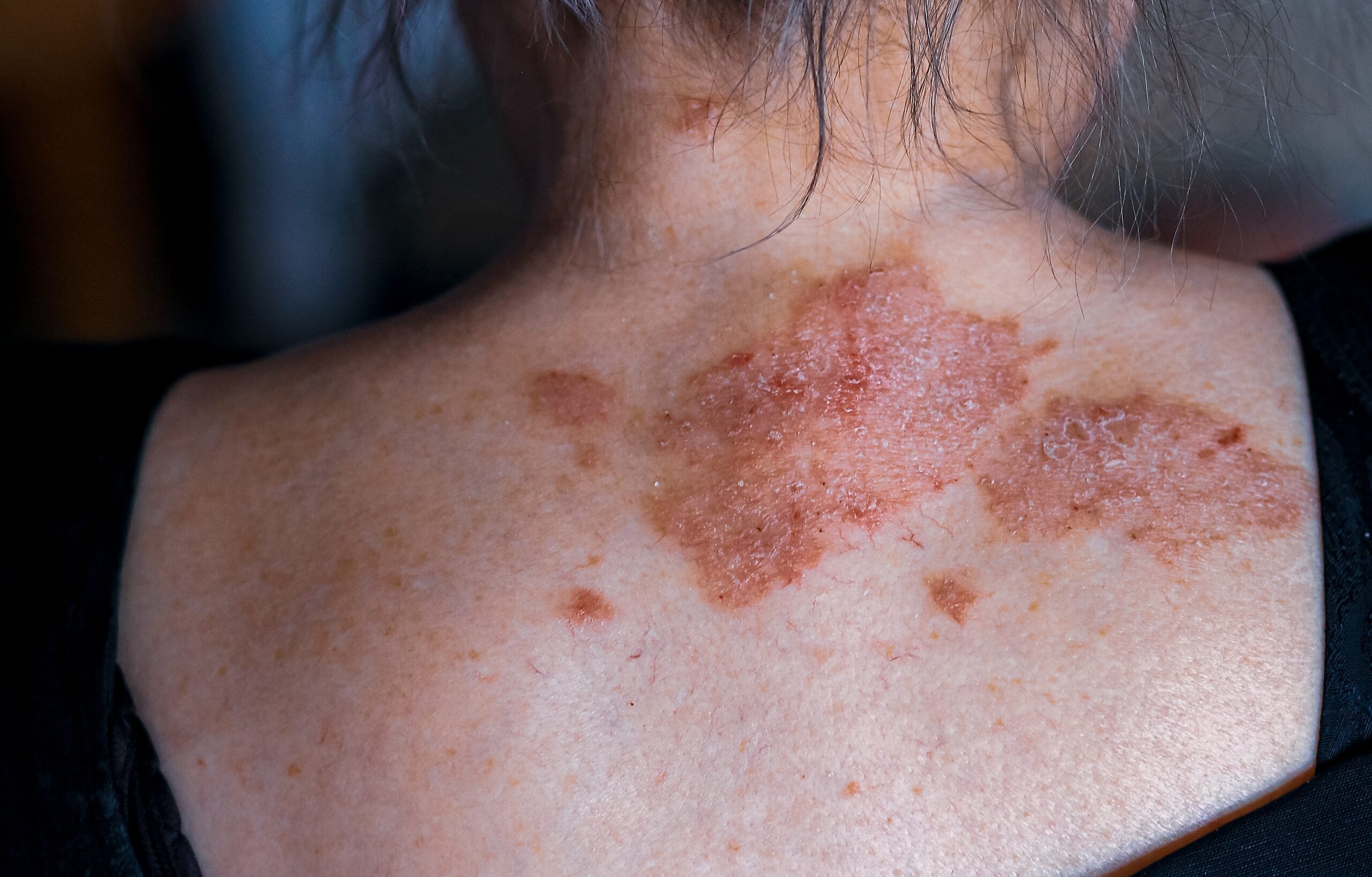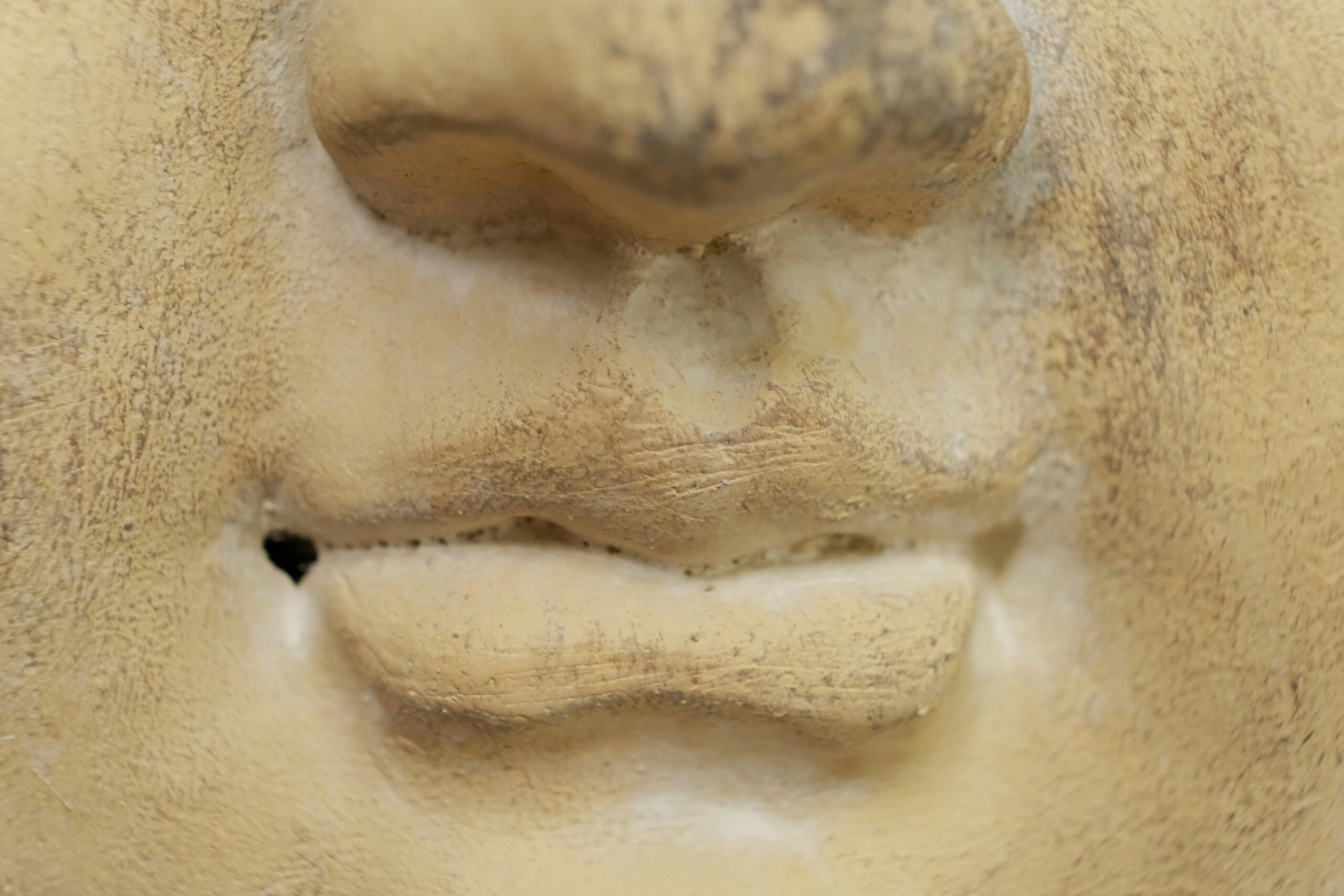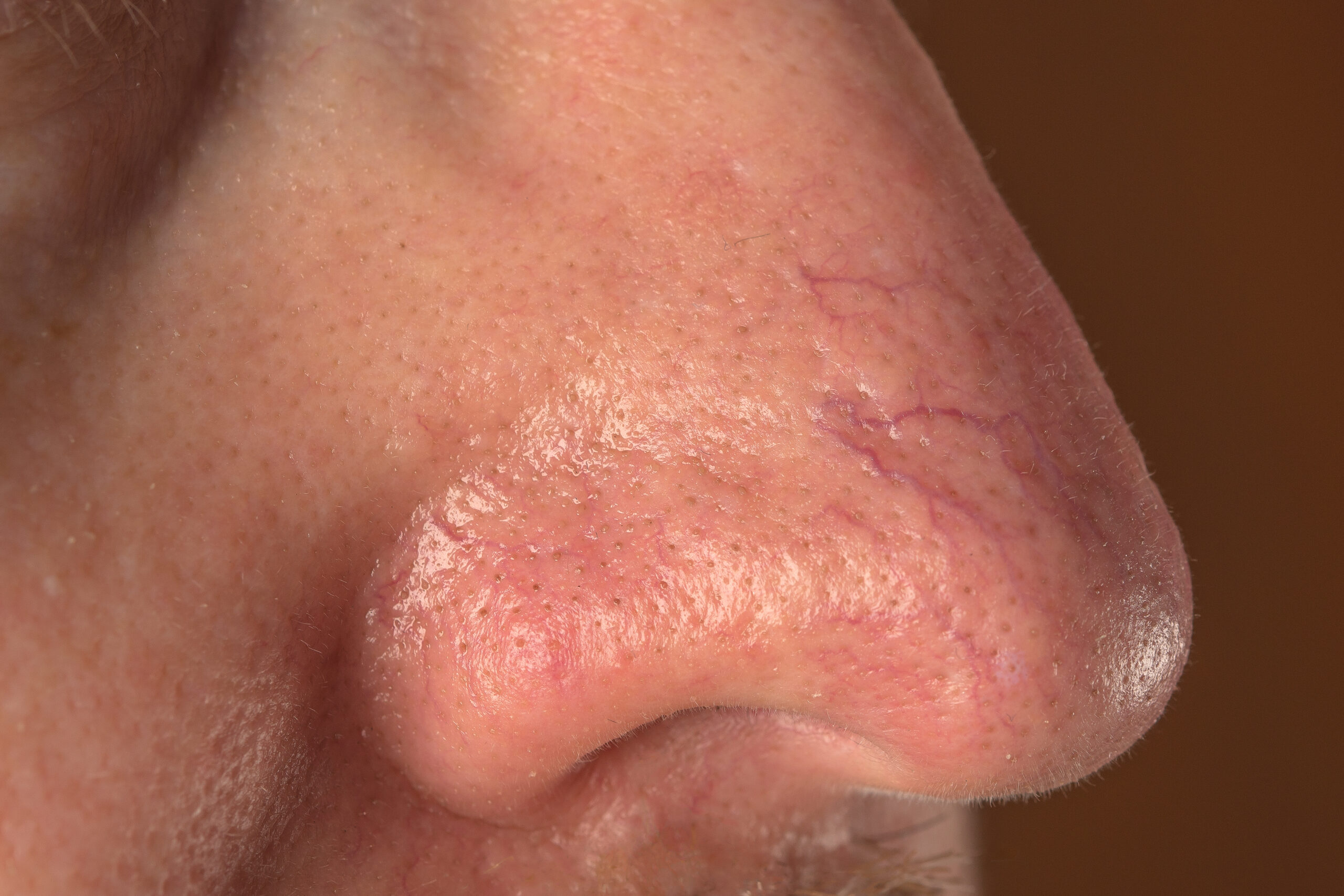In recent years, the integration of artificial intelligence (AI) into the field of dermatology has revolutionized the way skin conditions, especially dermatoses, are assessed and managed. This transformation promises enhanced accuracy, efficiency, and accessibility in dermatological care. This blog post delves into the profound impact of AI in dermatology, focusing on the assessment of dermatoses.
Dermatoses encompass a broad range of skin disorders, including eczema, psoriasis, vitiligo, etc. These conditions can significantly affect patients’ quality of life, making accurate diagnosis and timely treatment crucial. Traditionally, dermatologists rely on visual examinations, patient histories, and sometimes biopsies to diagnose these conditions. However, the subjectivity of visual assessments and the variability in diagnostic expertise can lead to inconsistencies.
AI, particularly machine learning (ML) and deep learning (DL), has emerged as a game-changer in dermatology. These technologies can analyze vast amounts of data, recognize complex patterns, and make highly accurate predictions. Here’s how AI is enhancing the assessment of dermatoses:
AI algorithms, trained on extensive datasets of dermatological images, can achieve diagnostic accuracies comparable to, and sometimes exceeding, those of experienced dermatologists. Convolutional Neural Networks (CNNs), a type of deep learning model, excel in image recognition tasks. When applied to dermatoses assessment, CNNs can identify subtle patterns and anomalies that might be overlooked by the human eye.
Early detection of skin conditions can significantly improve treatment outcomes. AI-powered tools can screen for early signs of dermatoses in high-risk populations, enabling prompt intervention. For instance, AI models can analyze images of moles and lesions to detect early stages of melanoma, a potentially life-threatening condition, with high precision and precise tracking of skin changes.
AI is not intended to replace dermatologists but to augment their capabilities. By providing highly accurate preliminary assessments, AI enables dermatologists to focus on complex cases and spend more time on patient care. AI tools can serve as second opinions and measurement tools, reducing diagnostic errors and enhancing confidence in clinical decisions.
AI is poised to revolutionize dermatology, particularly in the assessment and management of dermatoses, by enhancing diagnostic accuracy, enabling early detection, expanding accessibility, and augmenting the capabilities of dermatologists.
Dr. Breslavets and his team are at the edge of this revolutionizing technology and recently presented the results of their international study “AI Versus Dermatologist Performance in Psoriasis Body Surface Area Assessment: a Ground Truth-Validated, Anatomical Segment-Based Comparative Study (AI PASS)” at the international symposium of the European Academy of Dermatology and Venereology (EADV) Spring Symposium, taking place in Malta 16-18 May 2024.
”



